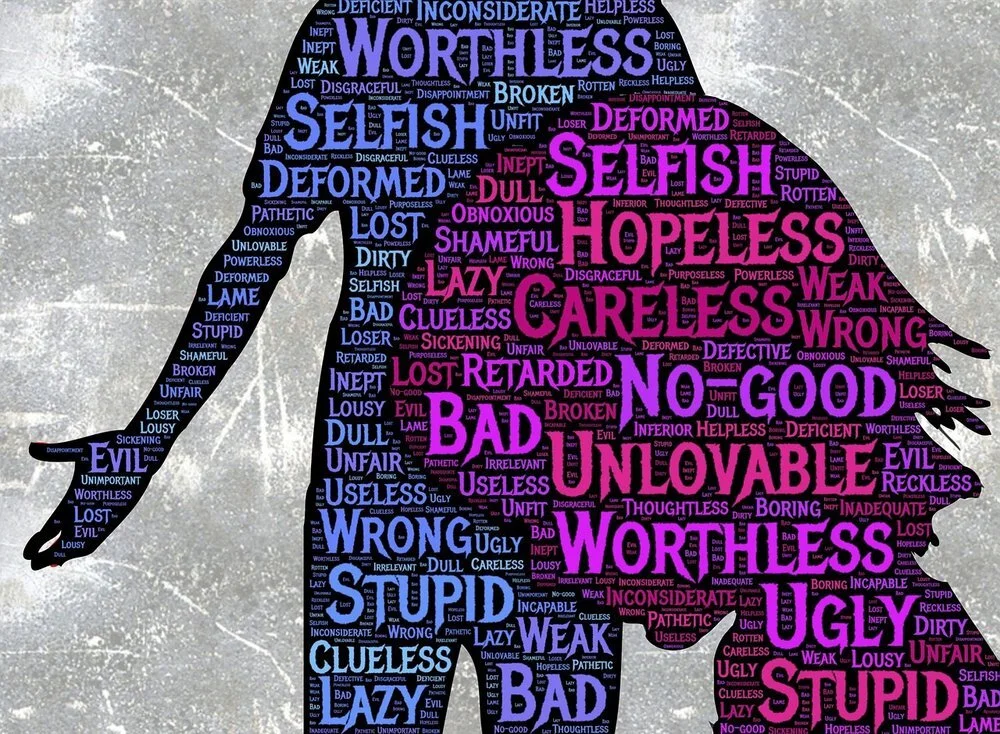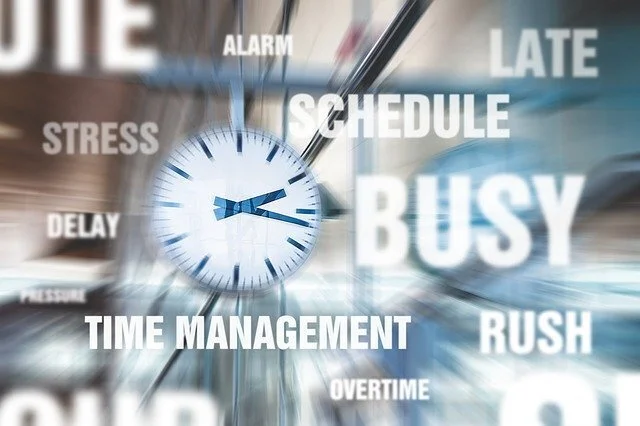I am a 45-year-old male that suffers from primary PTSD and secondary depression. I tried to deal with my issues without professional help and it almost destroyed my marriage and put me in a hole I would not have been able to get out of. I have a clearer head now and I owe it to Neurolease®.
Erin shares another coping skill for anxiety. This strategy helps with the grounding. It's “Where am I, what's happening and what's not happening?” Ask yourself those questions and answer them.
Here’s another coping skill to put in your life's toolbox, and this addresses anxiety. One of the other top things that people ask me about is how to handle overthinking. So I'm going to give you a technique to help block your ability to overthink which lets your brain to make up all kinds of stories.
Have you ever heard about an anxiety coping skill called counting? Maybe you've heard to count to ten if you're angry. If you've always thought that was a silly idea, you might want to reconsider. If you understand the concept of why counting is helpful, then you can find something that fits you.
Today I wanted to give you some examples on the difference between the sympathetic and parasympathetic state and hopefully provide you with a scenario that you could relate to. And I'll compare this to driving.
When a person endures a traumatic experience, their nervous system can become stuck in the fight, flight, freeze cycle. Their body remembers it as a function of survival.
Emotional abuse is a form of manipulation used to maintain control in a relationship. This type of abuse may include verbal attacks, humiliation, intimidation, bullying, and isolation. It can cause deep emotional harm that may last for years.
NEUROLEASE™ focuses on updating the neurological system to realize there is no present threat or action required. The body and mind become synchronized to its natural grounded state.
Mood disorders are treated in conjunction with medication and therapy. However, it is not always easy to come upon the right mix of drugs or counseling tactics that can ably treat a person’s mood disorder.
A new form of psychotherapy—Neurolease™—is also designed to promote self-healing by restoring healthy communication between the body’s “fight, flight, or freeze” response (triggered by a traumatic event) and the “relax, repair, and restore” response.
Neurolease™ involves a powerful combination of tactile processing and cognitive therapy. The first step is developing an appropriate treatment plan during an initial intake meeting between the patient and therapist.
If you are in the middle of a major life change and find yourself increasingly “stressed out” and unable to manage even normal day-to-day activities, an incredible new therapy—Neurolease™—may be able to help!
Your mind is just as important as your body when it comes to achieving your goals as an athlete!
During a Neurolease™ treatment, a licensed behavioral therapist will work on focusing your mind on trauma, while your body is simultaneously receiving signals of safety; those feelings of safety and relaxation are promoted through specialized massage provided by a licensed massage therapist.














